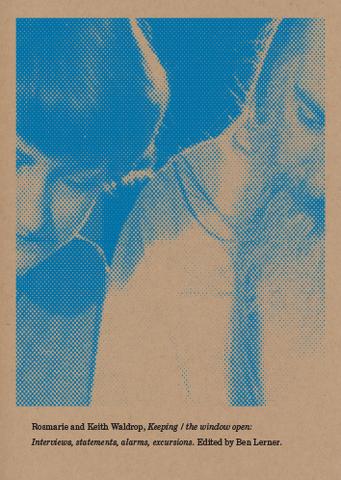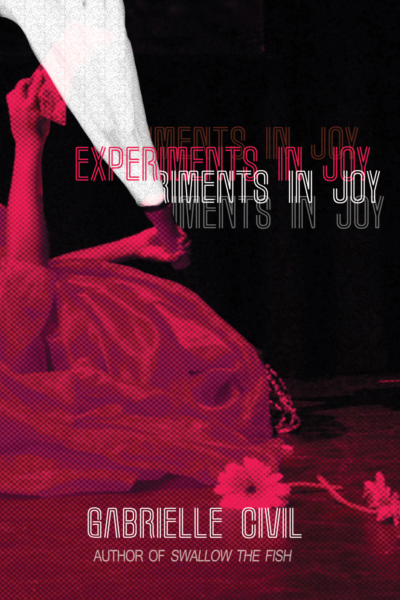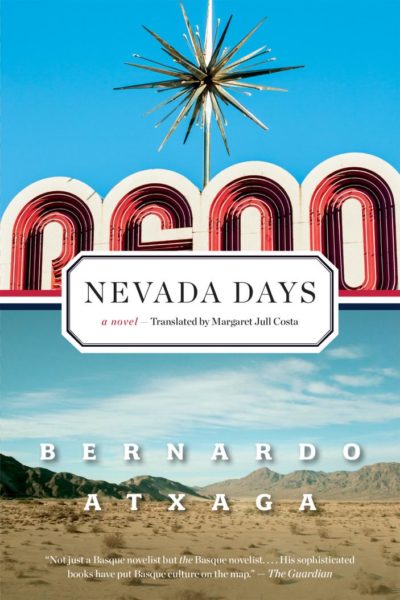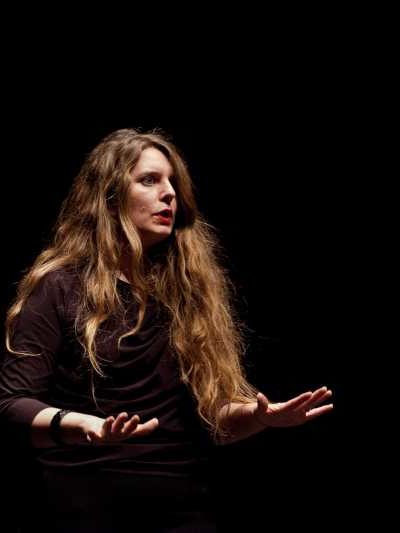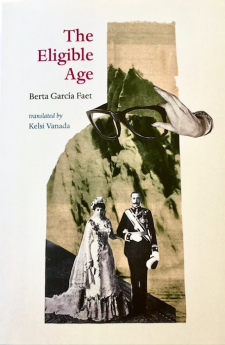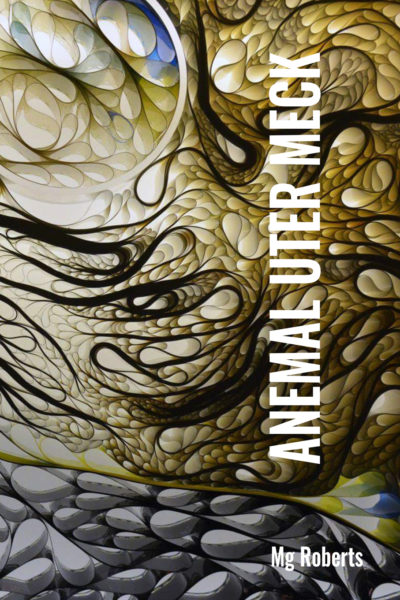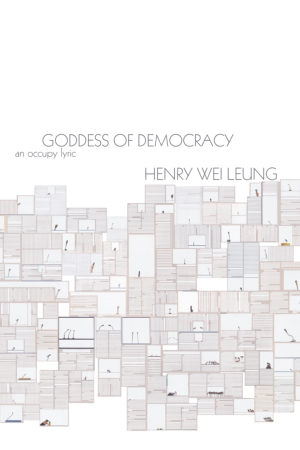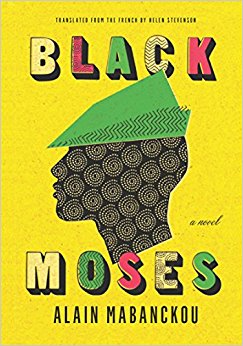Keeping / the window open – Rosmarie and Keith Waldrop
When I talk to my students in workshop about “your ideal reader,” the example that’s in my mind but I never say out loud is this: me reading anything Rosmarie has written.
Experiments in Joy – Gabrielle Civil
EXPERIMENTS IN JOY holds space for so many other individuals, and for an inclusive community, because this is a part of Civil’s ethics, but also because she’s often making work in collaboration.
NEVADA DAYS doesn’t match up to plot-driven works of fiction — despite its sub-plot of sexual assault and murder — because that’s not the kind of fiction Atxaga has written.
I was a bit sad because visual poets make beautiful images but they don’t say anything and sound poets make very beautiful sounds but we can’t read them. So why is visual poetry not a score for sound poetry?
The Eligible Age – Berta García Faet
Comprised of mostly declarative sentences verging on aphorism, THE ELIGIBLE AGE as a whole reads like a tractate.
The book foregrounds its seams because this book is also about its own making.
Goddess of Democracy: an Occupy Lyric – Henry Wei Leung
Through witnessing the movement as an outsider while reflecting on his complex position, Leung creates a rich, dynamic inquiry into our responsibility to one another.
The writing shows such a singular view of the world through an adolescent’s — then young man’s — then madman’s — eyes.



